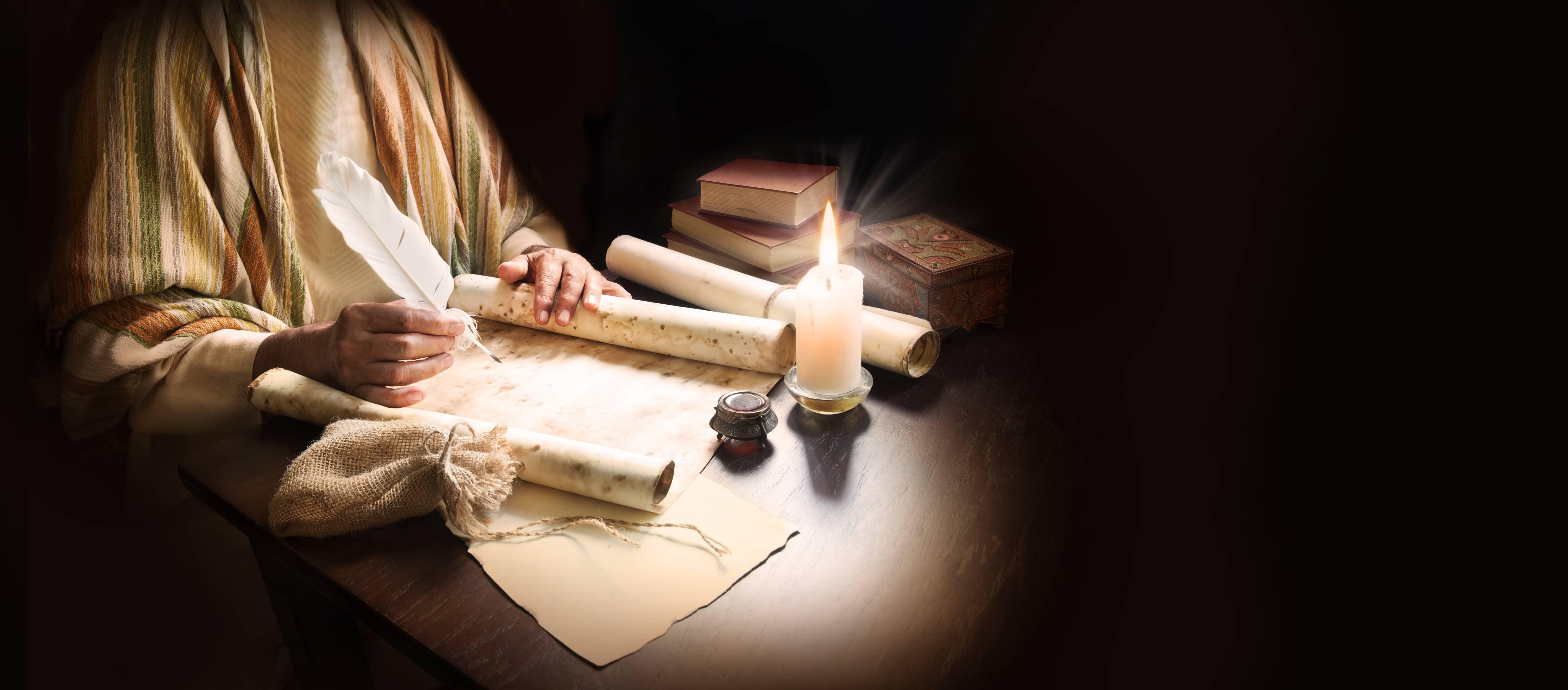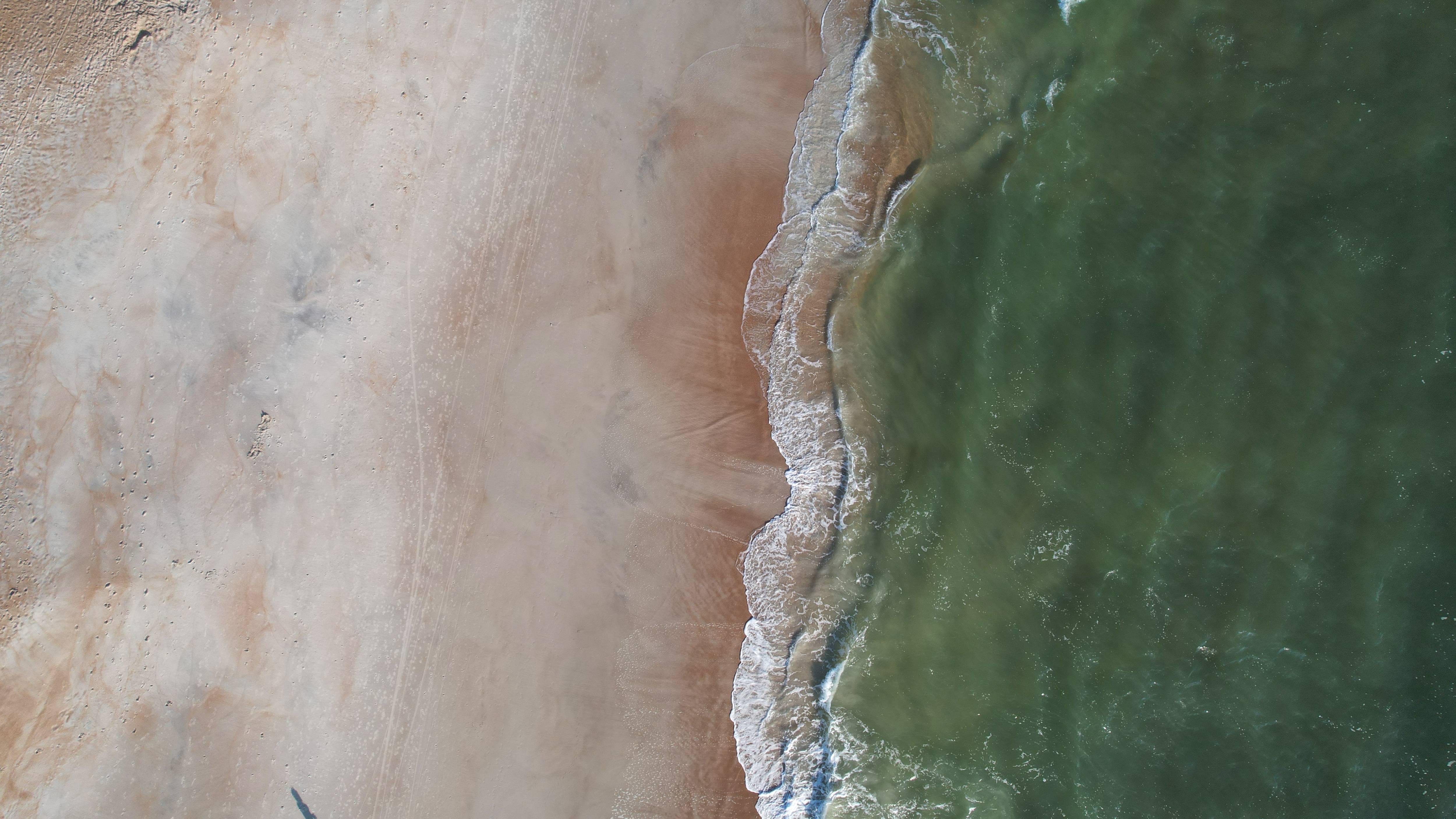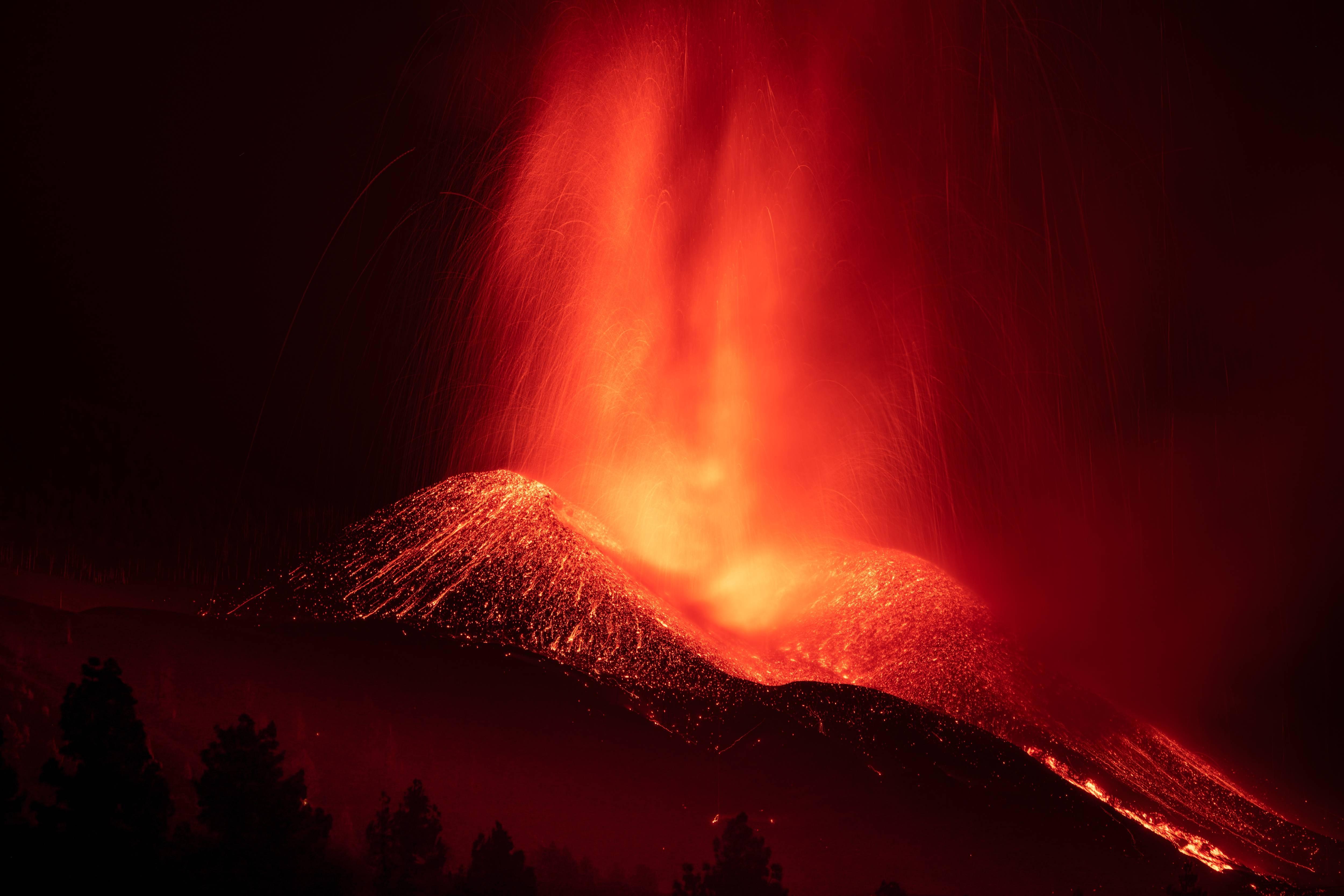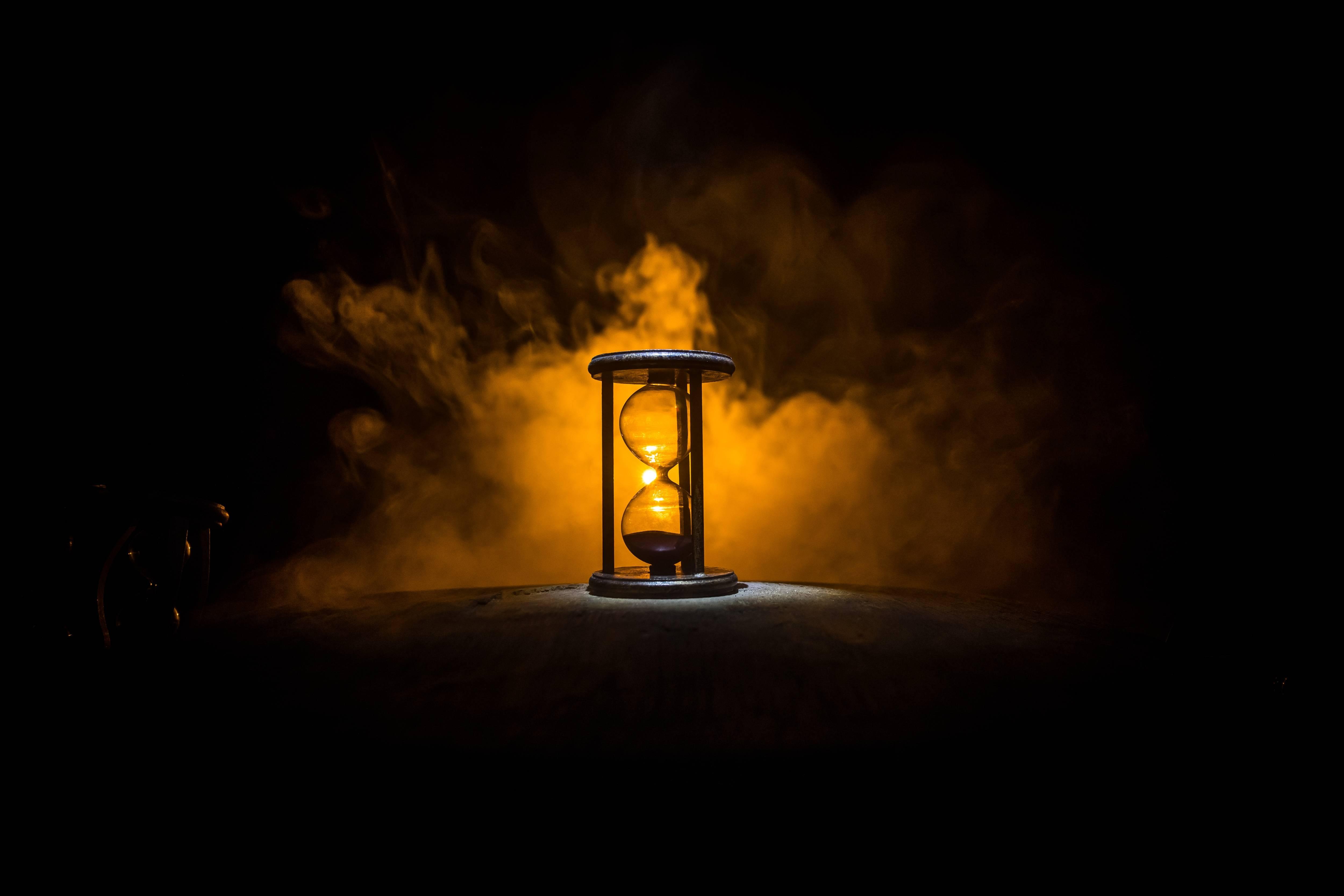Believing in Qada (fate) and Qadar (destiny) is one of the fundamental principles of faith in our religion. Jibril [alayhissalam], came to the Messenger of Allah [sallallahu alayhi wa sallam] in the form of a man and asked, 'Tell me what faith is.'
Our beloved Prophet [sallallahu alayhi wa sallam] responded to this question by saying, 'It is to believe in Allah [jalla Jalaluhu], His angels, His books, His prophets, the Judgment Day, and to believe in destiny, both its good and its bad.'
Abu Mansur al-Maturidi [rahmetullahi alayh] (333/944), one of the leading scholars of creed in the Ahl al-Sunnah, defines qada and qadar as follows:
“Destiny (qadar) is Allah's divine plan that controls everything that happens, from the past to the future. Qadar is the universal and divine decree of Allah that encompasses and governs all events, from Azal to Abad. The divine decree issued in pre-eternity (azaliyah), when brought from nonexistence into action, is called qada (fate). So, Qadar (destiny) is the knowledge of Allah, from pre- eternity to eternity, of everything that has happened and will happen—good or bad—along with its time, place, and all its attributes. It is His act of decreeing and determining them. Qada (Fate), on the other hand, is Allah’s act of creating things and events in accordance with His pre- eternal knowledge and decree when their appointed time comes."
From this definition, it is understood that qadar (destiny) is a reflection of Allah’s attributes of knowledge and will, while qada (fate) is the result of His attributes of power and creation (takwin). For example, Allah’s eternal will and knowledge that a certain person would come into existence on a specific day is qadar (destiny). The creation of that person on the decreed day is qada (fate).
“The keys of the Unseen are with Allah; no one knows them except Him. He knows whatever is on the earth and in the sea. Not a leaf falls without His knowledge. There is not a grain in the darkness of the earth or anything fresh or dry but that it is written in a Clear Record. ( to those who can read).” (Al-An'am 59)
"Does He who created not know? And He is the All-Knowing, All-Aware." (Al-Mulk 14)
Belief in qada and qadar is a fundamental principle for Muslims. Believing in these is part of having faith in Almighty Allah. It is impossible for someone who knows the existence and oneness of Allah [jalla jalaluhu] and believes that He is the only ruler of the universe to deny faith in qada (fate) and qadar (destiny). The Sovereign and Almighty Allah, the All-Powerful, decrees whatever He wills, and it happens. Nothing happens without His will. Nothing is beyond His decree.
"Indeed, Allah does whatever He wills." (Hud 107)
"When Allah wills for something to happen, He only says to it, 'Be,' and it is!" (Ya-Sin 82)
Some people feel happy about certain events in their lives that are good and positive. On the other hand, the same people complain about events that happen to them and turn out in ways they did not desire. Sometimes, they attribute misfortune of their destiny or fate and curse their luck. They fail to understand, or refuse to understand, why they are held responsible for such events. As a result, they ultimately curse their fate or destiny. Some people, say things like, 'This must be my fate, what can I do?' or 'This was written in my destiny, there’s nothing I can do about it.' On the other hand, others, due to weak faith and rebellion, express their frustration by saying, 'To hell with such a destiny!' or 'Curse this fate!' thus cursing their destiny and rebelling against it.

Some young people, who think they have a little understanding about destiny, say, 'How does Allah know and write in advance what I am going to do? If that’s the case, shouldn’t I not be held accountable for my actions?'
In Surah Al-Furqan, verse 21, it is stated: 'It is He who created everything and determined its measure with precision.'
Of course, Almighty Allah, with His eternal knowledge, has certainly established a measure and an order for the universe and all within it. Accordingly, Allah [jalla jalaluhu], has set limits and decreed measures for everything.
"The Night is a Sign for them. We strip away the daylight from it, and they are left in darkness. The sun runs on its period determined for it. That is the decree of the Almighty, the All-Knowing. And We have set phases for the moon until it returns like an old, curved date stalk. Neither does the sun overtake the moon, nor does the night outpace the day. Each floats in its own orbit." (Ya-Sin 37-40)
When the verse is carefully examined, the divine decree, limits, and order established by Almighty Allah become much clearer. The lengthening and shortening of days and nights throughout the year, the transition from light to darkness and back to light, the Sun never deviating from its orbit even by a degree, and the Moon taking specific shapes in its orbit to assist people in measuring time—all these occur according to the divine order and decree, more clearly expressed as qadar (destiny), established by Almighty Allah.
In many other verses of the Qur'an, the concept of qadar (destiny) is directly or indirectly referenced, such as in Surah Ar-Ra'd (8), Surah Al-Hijr (21), Surah Al-Mursalat (20-22), and Surah Al-Qamar (49).
As can be understood from these and similar verses, there is no mention of a fixed and unchangeable destiny that was predetermined before a person’s creation, dictating how they would act, what they would do, or not do a concept commonly referred to as 'fate' or even described in popular culture and songs as 'an nondeletable fate written on the forehead.'
Yes, some people have misunderstood qadar (destiny) as Allah forcing His servants to act according to the destiny He has decreed for them. If we accept qadar (destiny) as a predetermined and unchangeable decree about humans, we would be denying the free will, mind, understanding, and discretion that Allah has granted upon them. Mind is the strength to tell good from evil, beauty from ugliness, benefit from harm, and virtue from vice. Understanding is the ability to prefer good over evil, beauty over ugliness, benefit over harm, and virtue over vice. That strength and ability are referred to as free will (juz'i iradah). Fire burns, and a needle pricks. Reason recognizes it as such.
However, if a person throws themselves into the fire or pricks themselves with a needle due to their own mistake, who is to blame—the fire or the needle? Of course, the blame lies neither with the fire nor the needle but entirely with the person.
Thus, qadar (destiny) is Allah’s prior knowledge of the actions that His servants choose and perform through their own free will (juz’i iradah). It is His decree and determination based on that knowledge, and His creation of these actions at their appointed time, in accordance with the servant’s will.
Therefore, a person is responsible for the actions they perform through their own will and choice. Exercising their free will and right to make decisions places on them the responsibility and obligation to bear the consequences of their actions.
Everything we have done and will do is part of our destiny. "But this does not force us or dictate our will. As stated in the verse, 'Allah has full knowledge of all things' (Al-Mujadila 7), this is related to Allah's knowledge of the past and the future, known as Ilm-i Ilahi (Divine Knowledge).
Before we were even created, our Lord, who is all-knowing, is aware of every detail of our lives. However, the fact that it is known does not mean that we lack free will. Allah, with His eternal knowledge, knows the choices we will make and writes our destiny accordingly.
His writing and knowing this does not mean He gets interfere. So to speak, Allah has written matters related to voluntary destiny as 'This will happen in such and such a way,' not as 'Let this happen in such and such a way.'

Imam Azam Abu Hanifa, [rahmatullah alayh] explained this matter in his work Al-Fiqh Al-Akbar as follows: 'Almighty Allah, before creating anything, knows everything with His eternal knowledge.' "He is the One who decrees and determines all things before bringing them into existence. Both in this world and the Hereafter, everything is written in the Al-Lawh Al-Mahfuz through His knowledge, will, and decree. However, its inscription in the Al-Lawh Al-Mahfuz is in terms of explanation, not enforcement. Abu'l-Munteha, the reviewer of Al-Fiqh Al-Akbar , explains Imam Azam’s [radiyallahu anh] statement, 'It was not written as a decree but as a description,' as follows: Almighty Allah did not write what is recorded in the Al-Lawh Al-Mahfuz as an unconditional decree without reason. For example, He did not write, 'Let Ali be a believer and Zayd a disbeliever.' If this were the case, Ali would have been compelled to believe, and Zayd would have been forced into disbelief. However, Almighty Allah [jalla jalaluhu] did not decree in that manner. Instead, He wrote in the Al-Lawh Al-Mahfuz: Ali, by his own choice, will, and ability, will choose faith and become a believer, and he will not desire disbelief. Zayd, on the other hand, by his own choice, will, and ability, will choose disbelief and will not embrace faith.'
Say: 'The truth is from your Lord, so let him who will believe and let him who will reject.' (Al-Kahf 29)
Humans are agents who choose and earn their actions (Kasib), while Allah [jalla jalaluhu] is the Creator (Khaliq), who is the One who creates those actions. Accordingly, whatever a person desires—good or evil—Allah [jalla jalaluhu] creates it. This desire forms the basis of the person's responsibility.
As a result, the good deeds a person does benefit themselves, and the evil deeds harm them. Allah [jalla jalaluhu] never wrongs His servants or neglects their rights. He does not hold anyone accountable or punish them for actions they did not commit or will. The verse, 'Whoever does good, it is for their own benefit; and whoever does evil, it is against themselves. Your Lord is not unjust (in the least) to His servants' ( Fussilat 46), emphasizes that a person's good or bad deeds are for or against their own benefit.
Of course, there is also a part of destiny that occurs outside of a person’s control. For example, a person being injured in an accident and becoming disabled, facing barriers beyond their control that prevent them from achieving something they greatly desire, or facing situations they did not wish for, and so on.
People are not responsible for events or situations of this kind that happen to them or that they are forced to experience. A person facing such a situation accepts their destiny with contentment. The person understands that Allah is testing them through this situation and expresses gratitude to Allah for not being placed in an even worse condition. This is the point where belief in destiny is separated from disbelief.
Problems that happen to people might be a test from Allah:
"We will certainly test you with a touch of fear and hunger, and a loss of wealth, lives, and crops." (Al-Baqarah 155)
Everything that happens in the universe occurs with Allah’s permission and will. Nothing happens without His consent. For instance, without His permission, plants cannot grow, trees cannot bear fruit, the order of the universe cannot continue, and no one can die. Therefore, everything that happens occurs only by the permission and will of Allah [jalla jalaluhu].
Almighty Allah does not judge people based on their wealth, race, color, gender, language, lineage, physical appearance, or whether they are disabled or healthy. He judges them based on their faith, righteous deeds, good character, worship, and obedience, or their disbelief, polytheism, hypocrisy, rebellion, and bad behavior, as well as whether they possess piety or commit injustice. The verse, 'Indeed, the most noble of you in the sight of Allah is the most righteous of you' ( Al-Hujurat 13), and the hadith, 'Allah does not look at your appearances or wealth, but He looks at your hearts (whether in faith or disbelief) and your deeds,' explain this distinction to us.
In a hadith narrated from Ali b. Abi Talib [radiyallahu anh] , the Messenger of Allah [sallallahu alayhi wa sallam] said:
"A servant cannot truly believe unless they affirm these four things: that there is no creator except Allah, that I am the true Messenger sent by Allah, belief in death, belief in resurrection after death, and belief in destiny."



